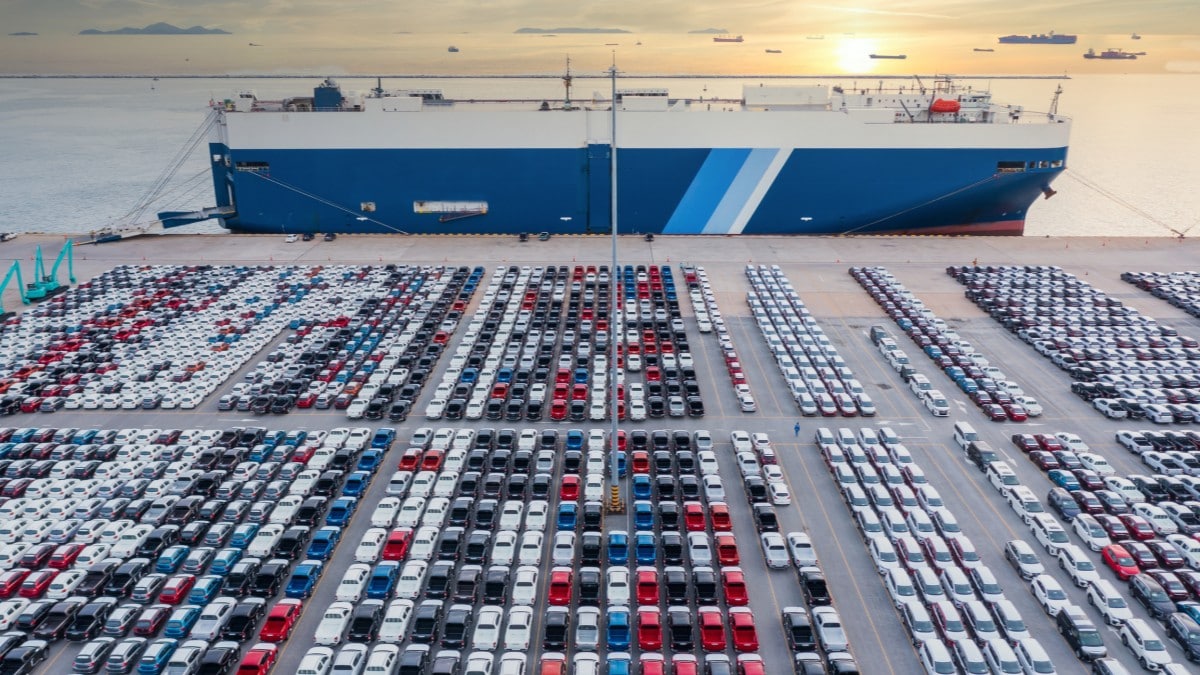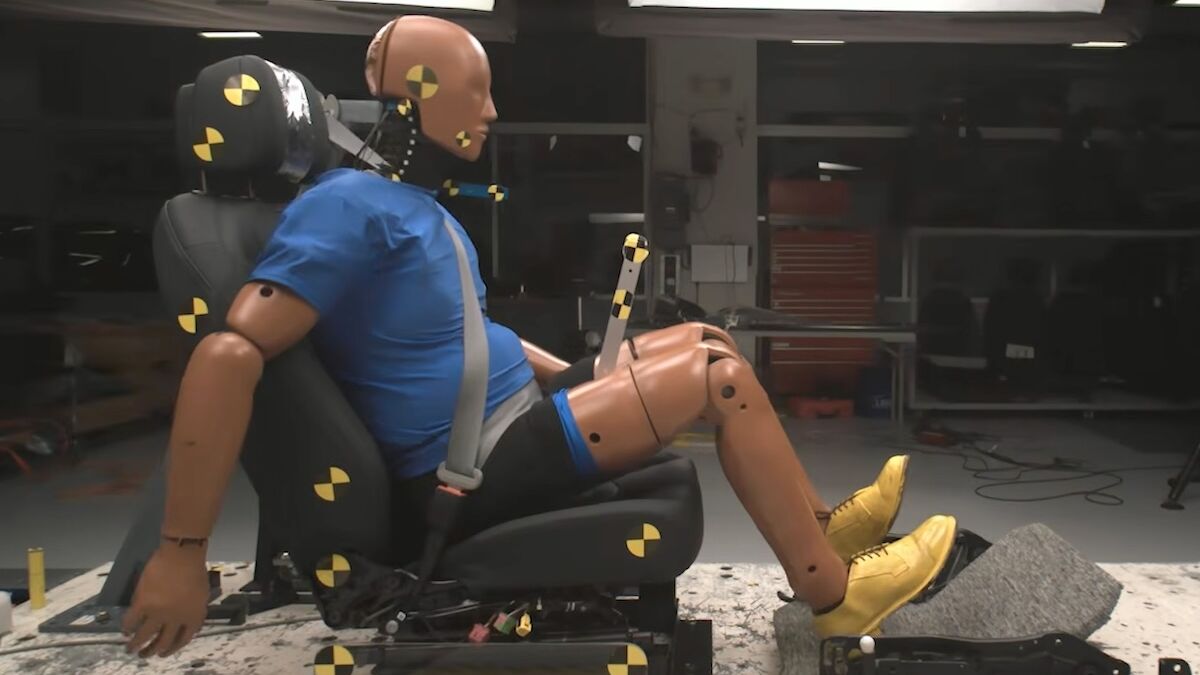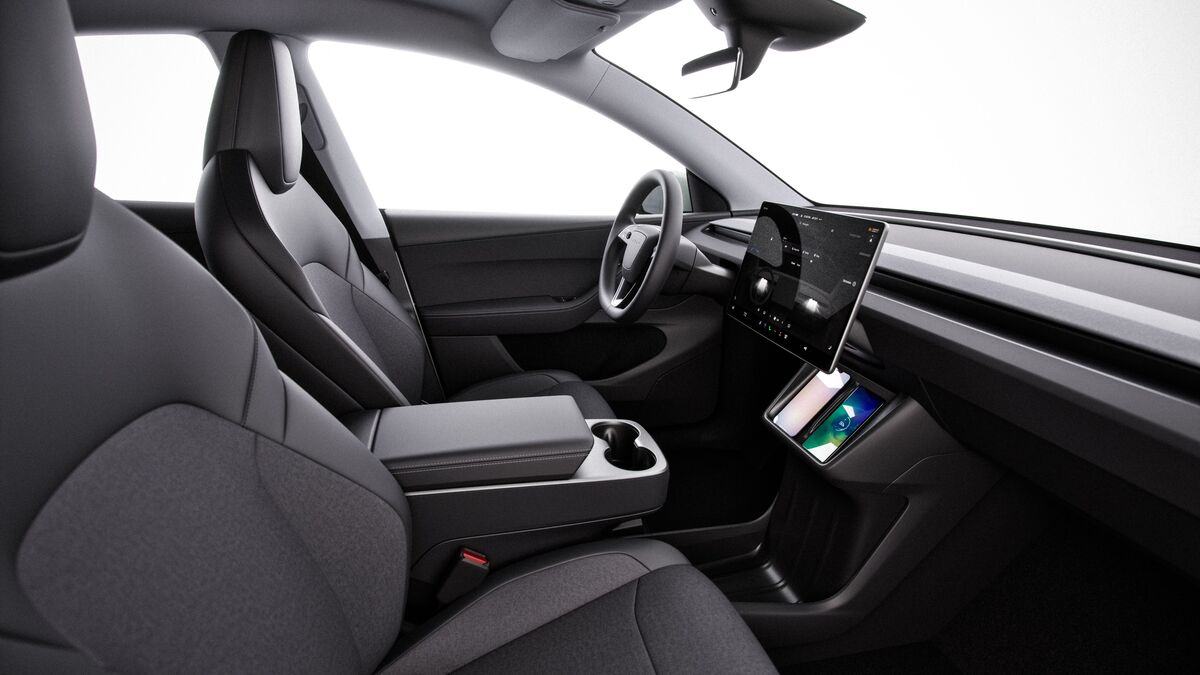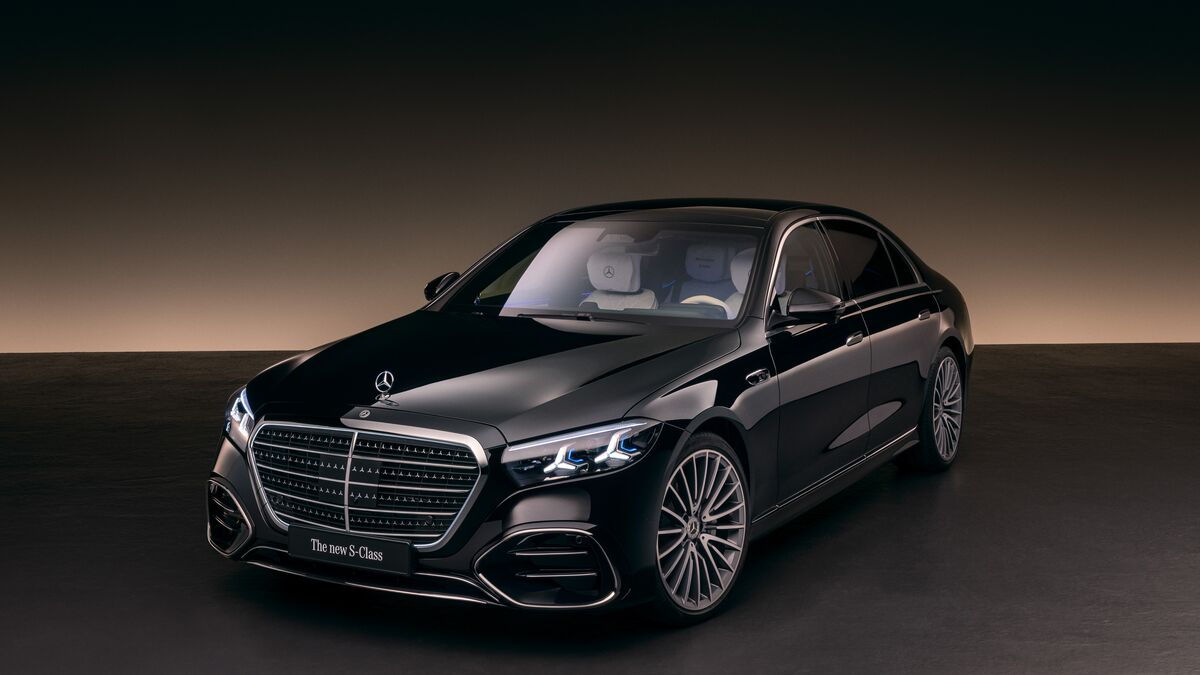A court ruling has paused many of U.S. President Donald Trump’s signature tariffs, but it doesn’t halt tariffs that raise the prices of new cars.
The Associated Press reports, “A federal court on Wednesday blocked President Donald Trump from imposing sweeping tariffs on imports under an emergency-powers law, swiftly throwing into doubt Trump’s signature set of economic policies that have rattled global financial markets, frustrated trade partners and raised broader fears about inflation intensifying and the economy slumping.”
Related: How Each Automaker is Responding to Tariffs
But the ruling blocks only certain forms of tariffs.
Trump has imposed several types of levies. Some target every product imported from a country, using a formula the White House frames as a counterattack for tariffs and export controls on American goods. The court blocked these “reciprocal tariffs.”
Another type targets specific industries, like the levies on new cars and imported car parts. The court did not rule on those. They remain in place.
The New York Times explains, “Before Mr. Trump took office, no president had sought to invoke the International Emergency Economic Powers Act, a 1977 law, to impose tariffs on other nations. The law, which primarily concerns trade embargoes and sanctions, does not even mention tariffs.”
But Trump used it as justification for his reciprocal tariffs. The U.S. Court of International Trade found that the act does not give the president that power.
Trump has not justified his car tariffs on those grounds. Instead, they grow out of his Section 232 powers from the Trade Expansion Act of 1962.
The price of the average new car rose 2.5% last month, likely an early sign of tariff impact. Car prices are likely to rise slowly, and may never spike by the full value of the tariff. Automakers and dealers use complex formulas to determine pricing, and have some leeway to soften the blow to buyers. Many dealers also still have plenty of cars on the lot imported at pre-tariff prices








